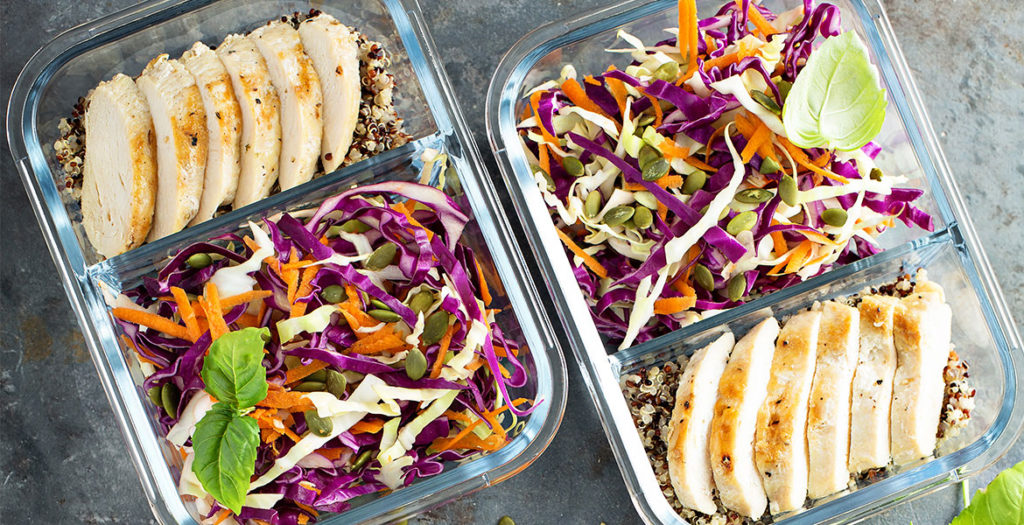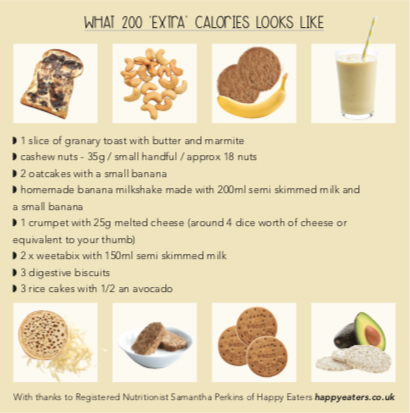
A guide to how much weight you should really gain in pregnancy by Luisa Sweeney, Midwife at The Lindo Wing
Our expert
Luisa Sweeney is a midwife at The Lindo Wing of St Mary’s Hospital, Paddington. She has over 25 years’ experience both privately and in the NHS, including as a maternity matron.

We’ve all heard the common phrase ‘eating for two’ when we’re pregnant – and while some might use being pregnant as an excuse to snack on some frankly indulgent foods thinly disguised as ‘cravings’ (ice cream and biscuits, anyone?), what’s the right and healthy amount of weight to gain?
Healthy mother, healthy baby
There’s no doubt that mummies-to-be need to put on weight as their baby grows and that’s completely normal. The extra fluid you are carrying in the uterus, the placenta and of course the baby itself all add to weight gain. At the end of your pregnancy, a third of your weight gain is due entirely to your baby, which weighs on average 7.3lb, plus the placenta at about 1.5lb and the amniotic fluid at 1.8lb.
Additional weight is due to:
- Muscle gain in your uterus, weighing an additional 2lb
- Additional fat used to nourish breastfeeding
- Weight gain to your breasts preparing to feed your baby
- Additional blood
- Fluid stored in the tissues
First, the science
There have been several studies over the past few years that show that gaining too much – or too little – weight can actually be bad for the future health of your baby. One study showed that adolescents were more likely to be obese if their mothers had put on too much weight during pregnancy. Another study said they were also more likely to have asthma.
A Chinese study showed that mothers who gained most weight during their first trimester were more likely to have a larger baby, which can lead to problems during the birth. Another says that gaining too much weight can cause both the mother and the baby to be at risk of pregnancy and birth complications. If you gain a lot of pregnancy weight, you may still be struggling to lose it ten years later.
Overall, the science indicates that putting on weight slowly and within the guidelines offers the best chance of both mother and baby being healthy and of fewer health complications.
Gradual gain
Weight gain should be slow and gradual, with the majority of the increase happening in the last trimester, as your baby starts to store fat. You should not really gain much during the first trimester (and if you have suffered with morning sickness, may actually lose weight); around two to four pounds in total is about right. Following that, a steady, healthy weight gain of between three and four pounds per month is fine during both the second and third trimesters.

Calories count
Depending on the chart
(above), you may find you
need to add extra calories to
your diet or be careful about
eating too much. If you are
at a healthy weight, you only
need about 200 extra calories
per day while pregnant.

Balanced diet
Do you know what foods to avoid while you’re pregnant?
You should avoid going on a diet during your pregnancy months, as you may not be getting all the nutrients that you and your growing baby need. For most people, it’s the case that you don’t consciously need to eat extra if you don’t want it but eat regularly to avoid a drop in blood sugar. You may find that, in the third trimester especially, it’s easier to eat smaller meals more often, as your baby may be pressing on your digestive system. Try to eat well in pregnancy and enjoy your food!
Further reading
Find our on our website and find lots of features on healthy eating.
